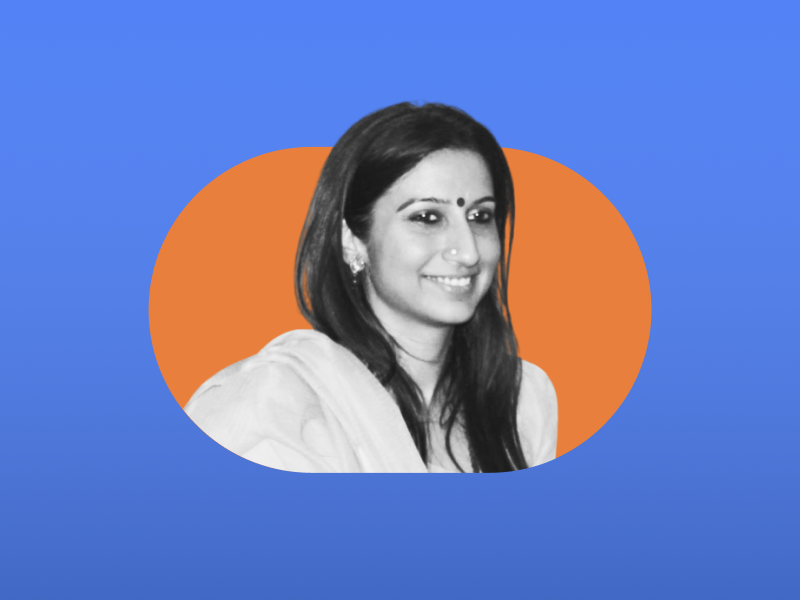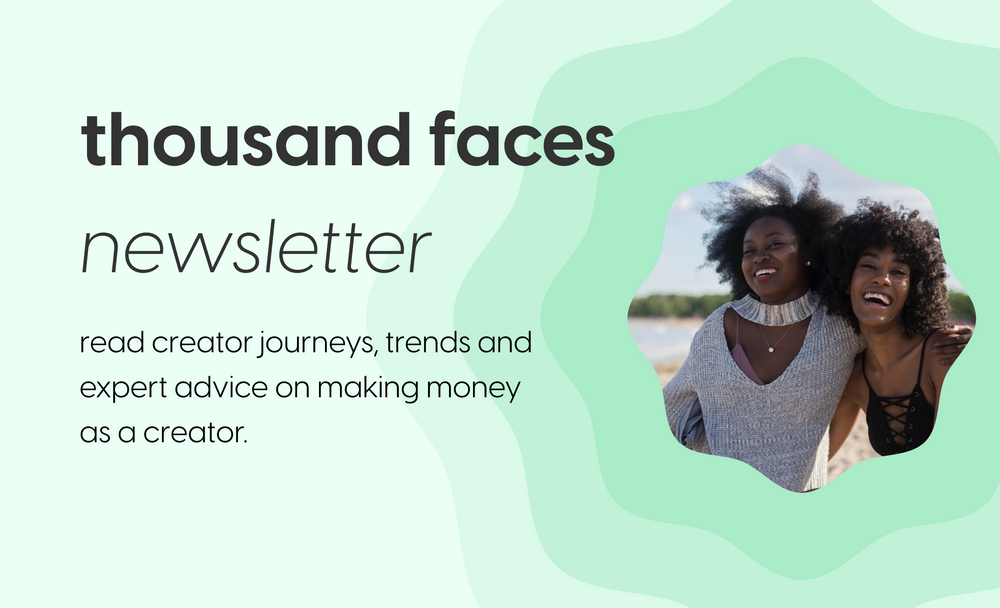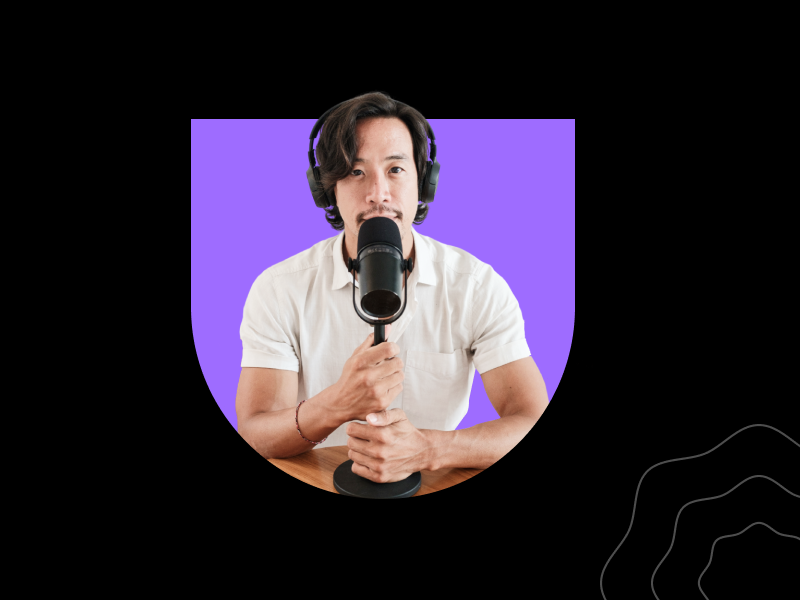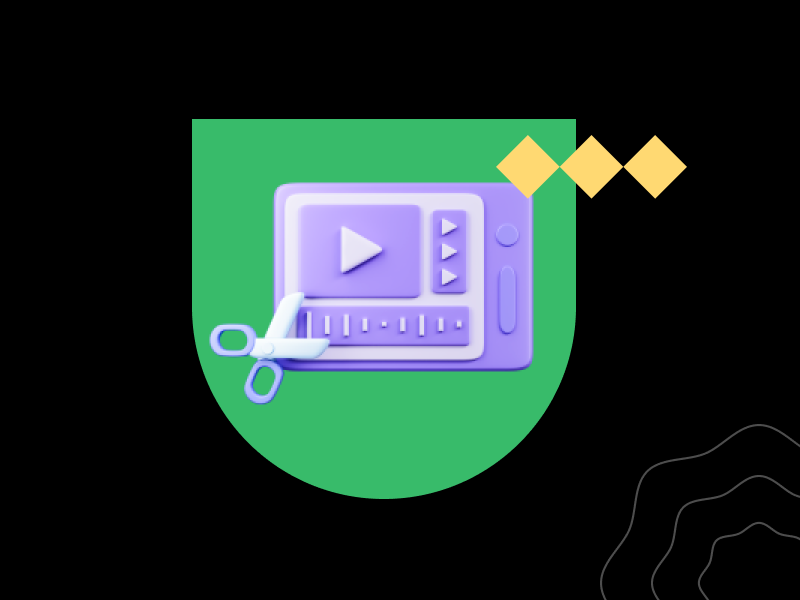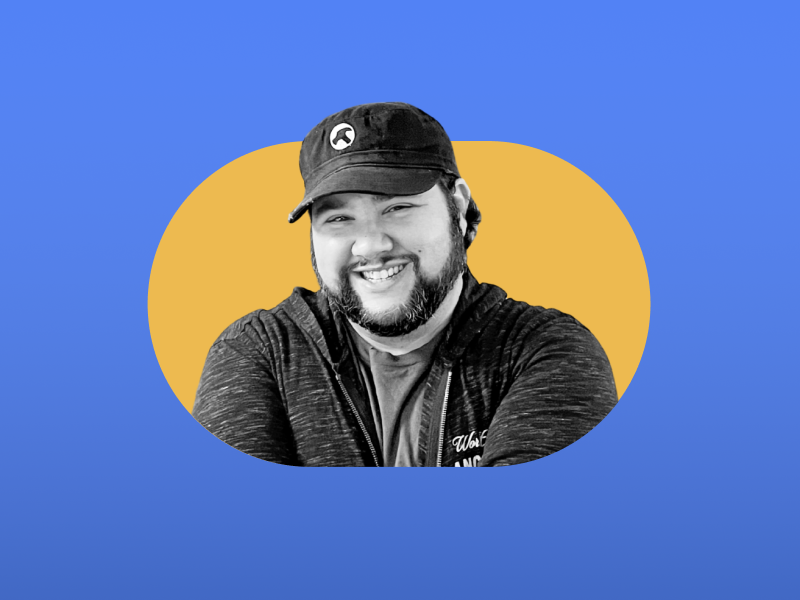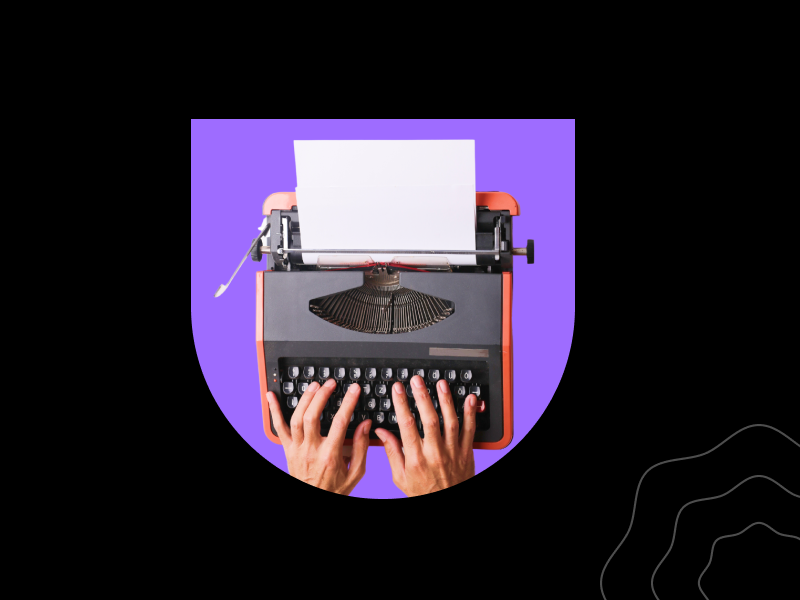We’re having more open conversations about mental health than before! That’s a good thing, but it’s only a start. We’ve been meaning to understand how creators deal with mental health concerns, and how the internet can impact them. For that reason, we caught up with Pallavi Pareek who advocates mental health conversations, and a lot more.
But, First: Who’s Pallavi Pareek?
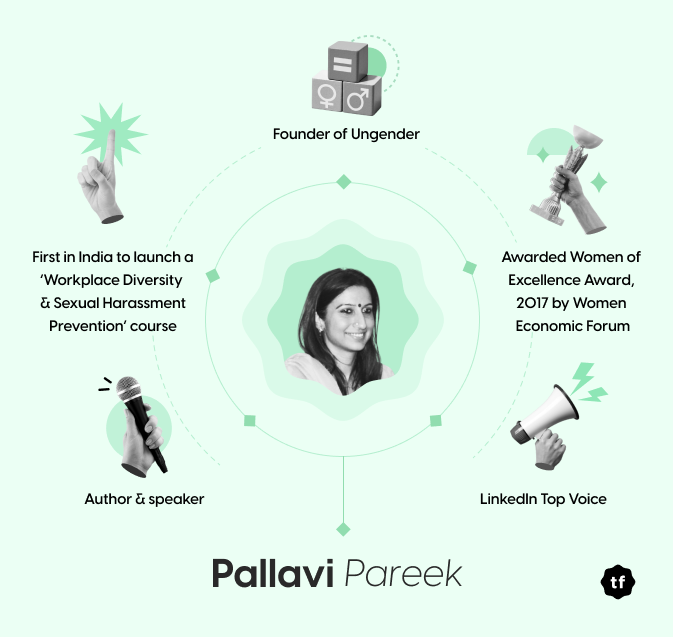
Now, let’s jump right into the conversation. 👇🏼
Thousand Faces Club: Why don’t we start with the basics — please tell us what Ungender does?
Pallavi: The number one thing we do at Ungender is help organisations identify, recognise, and put themselves under the lens of different biases they carry. These biases could be because of the gender stereotypes and right now, we’re largely in a denial mode, due to which various organisational decisions don’t contribute to an equitable environment. And when we talk about diversity in workplaces, it isn’t limited to women and LGBTQA, but also ageism, ableism, regional and cultural diversity. That’s what Ungender does from the root level — we use technology, laws and human intervention for organisations to make a difference.
Thousand Faces Club: That’s great! Do you think it would’ve been easier to have an organisation like Ungender a decade ago or do you think something has changed now?
Pallavi: Yeah, it would’ve been possible; I wouldn’t deny it, because I know several amazing organisations who have been at it for a decade now. But, yes, there’s a change in our learning — how were we learning till a decade ago? We’re in a passive or nascent learning state due to the prevalent consumption of information from social media and other channels. We’re subscribing more to subject matter-dedicated blogs; we’re also more connected now and no longer living in isolated silos. With different global benchmarks being set, we have better standards, learning, and exposure — all these have collectively become noise, but also voice. So, all that is making way for conservations that matter.

Thousand Faces Club: We’re in times where the pressure to express is a lot more than information consumption. We’re constantly fed with information and opinions, and people are forced to express themselves. What’s your take on that?
Pallavi: I’m one of those, and it’s not a happy place to be in! Creators, or let’s call them as conscious creators — there was a joy in creating, whether it was poetry, painting nails or writing. It was an expression, and instead of telling our families we could sing or write, we all found platforms to express ourselves. That expression turned into sustaining because these conscious creators also didn’t want to sit in cubicles. But now, that extended to influencing, and people now come to you hungry looking for information, and creators may not always be in that state of mind to create. So, what was once an expression, a joyful activity, a release, or a mental creative unloading has now become a subscription. A creator has to be consistent for their metrics to perform. Nobody signed up for this, and the world can quickly forget. Planning your creative switch isn’t easy.

Thousand Faces: Creators today face cancel culture and harassment more often than not! Besides, negative comments can bring down our morale. What’s your take on this?
Pallavi: The fear is real — I know many people who don’t tweet, write or share opinions because of the cancel culture. Forget saying something which isn’t being received, there are individuals who don’t even express themselves because they see others' content (tweets or videos) trolled or made into memes within half an hour. You can easily become a joke online, with no due respect to whatever you’ve accomplished in your professional life. No matter how intelligent, powerful, and amazing you are, social media world is cruel, and trolls can get away from it. It’s not easy to catch people unlike in one-on-one conversations. Sadly, most of the trolling happens by people who have nothing else going on in their lives. And, it’s not like people are scared of debates or intelligent conversations, it’s the illogical trolling that’s a problem. So before asking someone to go ahead and post, we have to think if there’s a safe space.
Check out this entire conversation here! 👇🏼

